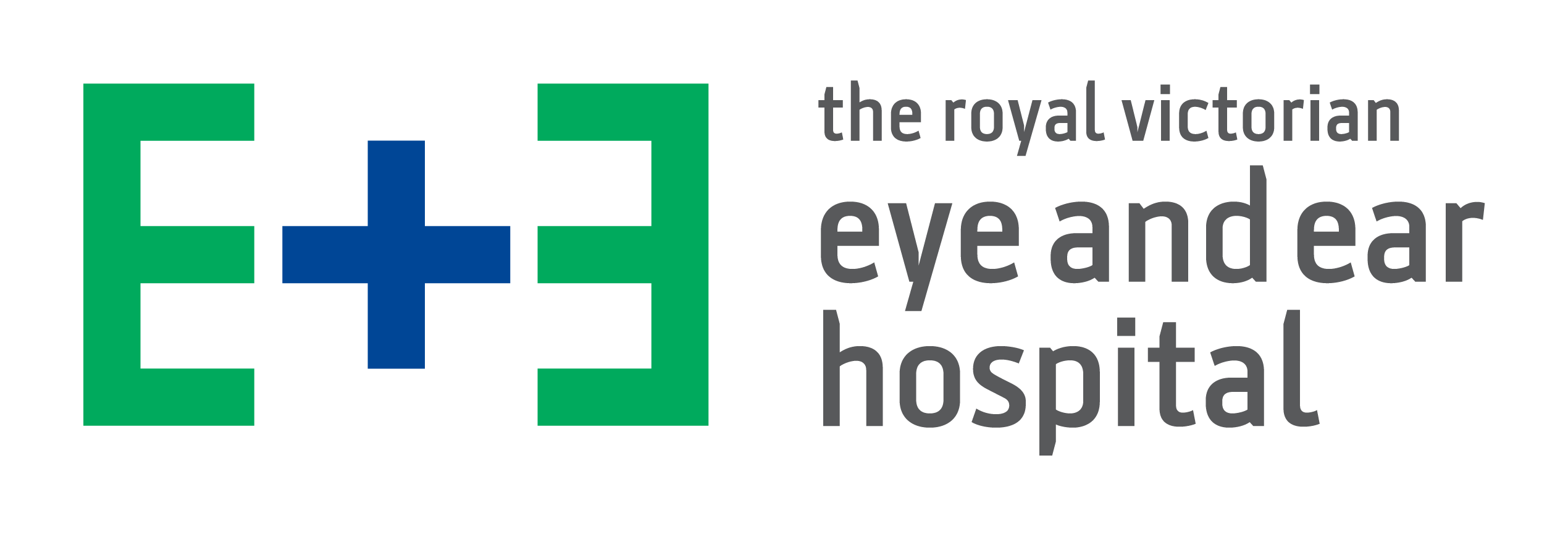Patient Fact Sheets
In this hub you will find patient resources on a number of topics including relevant conditions, treatments and general hospital information. This information is designed to inform our patients, their carers and families about their healthcare.
These fact sheets and videos are written or created by our health professionals and are all regularly reviewed as well as consumer reviewed. The info hub also includes relevant information from some of our partner health organisations.
These fact sheets are not intended to replace medical advice or diagnosis. If you have questions about your condition, healthcare or surgery please speak to your GP or relevant healthcare provider.
If you have any questions about a fact sheet please contact marketing@eyeandear.org.au
Filter Patient Fact Sheets
Use the filters below to narrow down the number of fact sheets by category or language.
